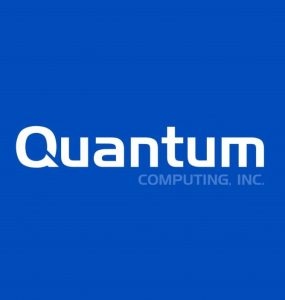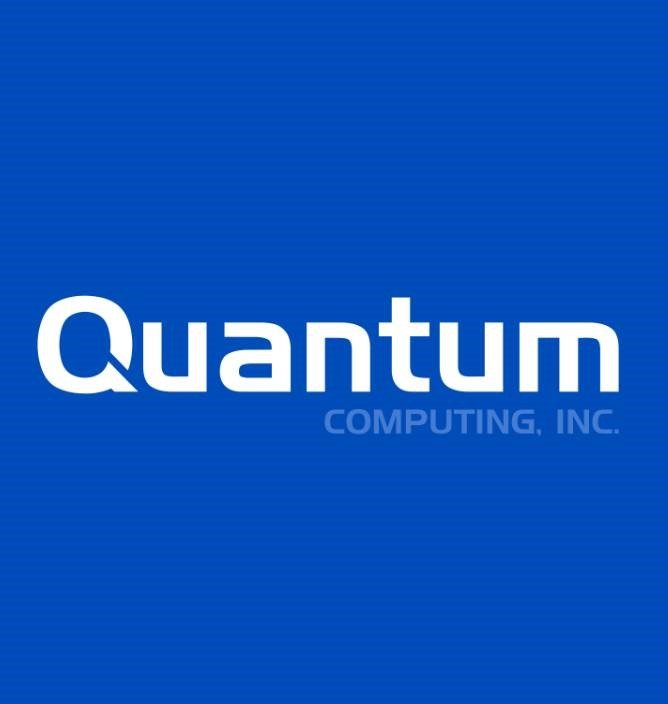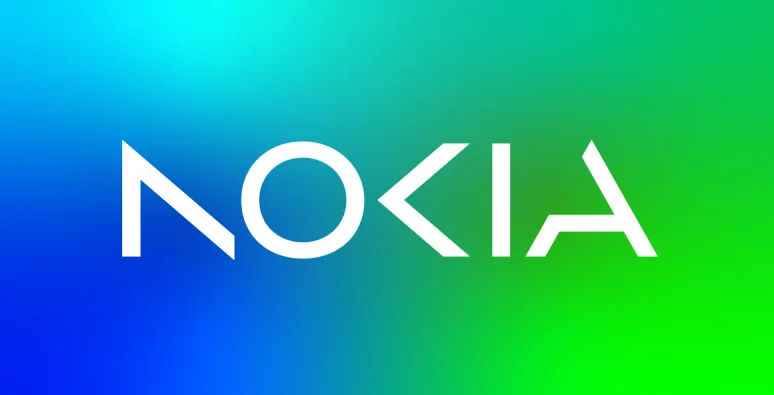
Quantum Computing Inc. (OTCQB:QUBT) (QCI), a technology leader in quantum-ready applications and tools, reported in a newly released scientific paper that QCI qbsolv, a component of its Mukai software execution platform for quantum computers, has delivered on its promise of immediate performance benefits from quantum-ready methods running on classical computers.
The company reported in a news release that these performance benefits eliminate one of the greatest obstacles to the development and adoption of quantum-ready applications, since up until now they have been slower than traditional methods running classically. The results show that Mukai provides better results than currently used software to solve complex optimization problems faced by nearly every major company and government agency worldwide.
While future quantum computers are expected to deliver even greater performance benefits, Mukai delivers today the best-known quality of results, time-to-solution, and diversity of solutions in a commercially available service. This superior capability enables business and government organizations to become quantum-ready today and realize immediate benefits from improved performance.
Optimization problems can occur in logistics routing, where timely delivery, reduced fuel consumption, and driver safety all come into play. Optimization solutions can significantly mitigate the impact to revenue or business operations posed by events such as flooding or power outages. Companies can leverage the robust and diverse solutions offered by Mukai to minimize disruptive high-impact events in real-time.

Optimization can also be achieved in R&D contexts like drug design, where better predicted protein folding can speed the design process, increase the efficacy of drugs, and guide the search for patient cohorts who might benefit. Optimization of business processes generated by solvers like Mukai can result in savings of hundreds of billions of dollars annually.
The technical study used MIT’s MQlib, a well-established combinatorial optimization benchmark, to compare QCI qbsolv performance with those of a variety of solvers. QCI qbsolv delivered better quality or “energy” of results for most problems (27 of 45) and often ran more than four times faster than the best MQlib solver (21 of 45 problems).
In terms of diversity of results—finding, for example, logistics routes that are quite different from each other—QCI qbsolv often found dozens of binary results that were different in more than 350 different positions (i.e., route segments). Known also to researchers as Hamming distance, diversity of results is another important advantage expected of quantum computing.
The paper, QCI Qbsolv Delivers Strong Classical Performance for Quantum-Ready Formulation, describes the full results and discusses their impact, and is available at arxiv.org/abs/2005.11294.
“These results demonstrate that Mukai-powered applications can exploit quantum computing concepts to solve real-world problems effectively using classical computers,” noted QCI CTO, Mike Booth. “More importantly, the quality, speed, and diversity of solutions offered by Mukai means government and corporate organizations can use Mukai to adopt quantum-ready approaches today without sacrificing performance. Mukai is also hardware-agnostic, enabling adopters to exploit whichever hardware delivers the quantum advantage. We’re confident that leading companies can leverage Mukai today to achieve a competitive advantage.”
“To be sure, we are very early in the quantum computing and software era,” continued Booth. “Just as the vectorizing compilers for Cray’s processors improved radically over time, we are planning to introduce further performance improvements to Mukai over the coming months. Some of these advancements will benefit application performance using classical computers as well as hybrid quantum-classical scenarios, but all will be essential to delivering the quantum advantage. We expect Mukai to play an integral role in the quantum computing landscape by enabling organizations to tap into quantum-inspired insights today to better answer their high-value problems.”
The Mukai software execution platform for quantum computers enables users and application developers to solve complex discrete constrained-optimization problems that are at the heart of some of the most difficult computing challenges in industry, government and academia. This includes, for example, scheduling technicians, parts and tools for aircraft engine repair, or designing proteins for coronavirus vaccines and therapies.
QCI recently announced version 1.1 of Mukai, which introduced higher performance and greater ease-of-use for subject-matter experts who develop quantum-ready applications and need superior performance today. Local software connects users to the Mukai cloud service for solving extremely complex optimization problems. It enables developers to create and execute quantum-ready applications on classical computers today that are ready to run on the quantum computers of tomorrow when these systems achieve performance superiority.
Mukai addresses the fast-growing market for quantum computing, which is expected to grow at a 23.2% CAGR to $9.1 billion by 2030, according to Tractica.
For more information about Mukai or a demonstration of the platform, contact John Dawson at (703) 436-2161 or info@quantumcomputinginc.com.
About Quantum Computing Inc.
Quantum Computing Inc. (QCI) is focused on developing novel applications and solutions utilizing quantum and quantum-ready computing techniques to solve difficult problems in various industries. The company is leveraging its team of experts in finance, computing, security, mathematics and physics to develop commercial applications for industries and government agencies that will need quantum computing power to solve their most challenging problems. For more information about QCI, visit www.quantumcomputinginc.com.














